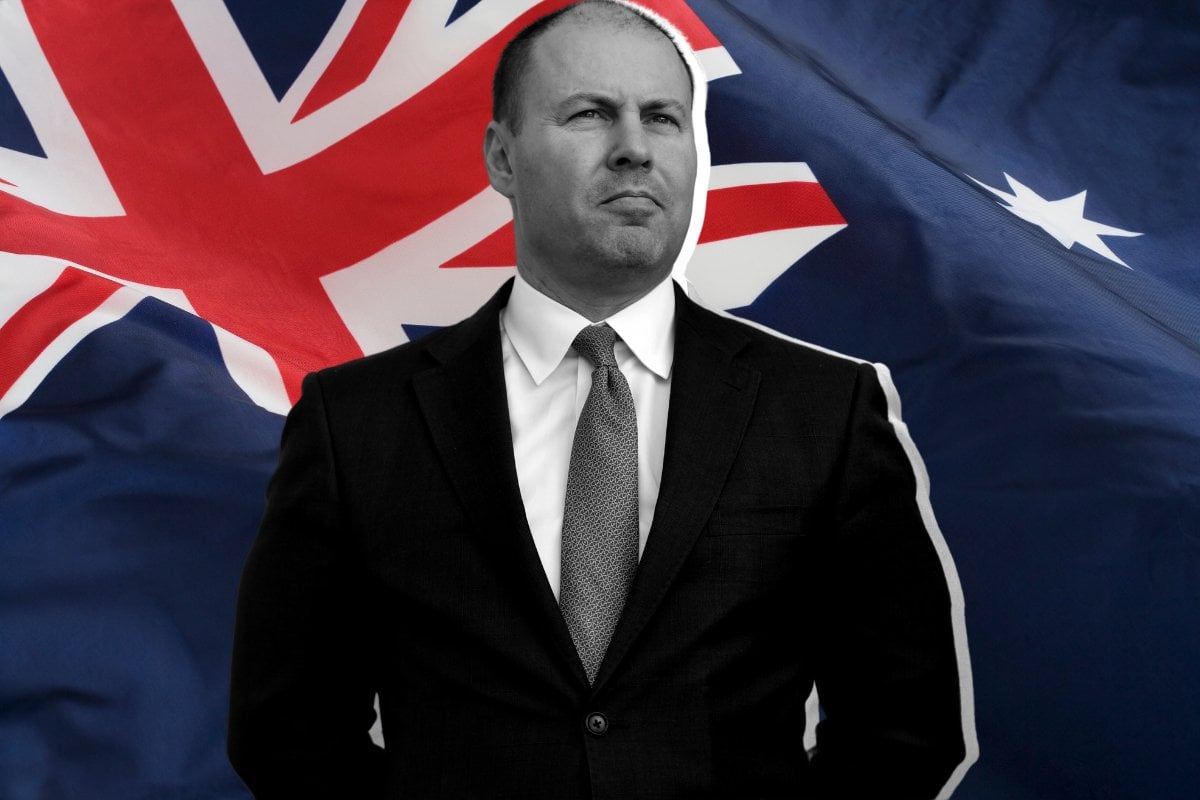
All eyes were on Treasurer Josh Frydenberg tonight as he announced the 2021 Australian Federal Budget.
With Australia clawing its way out of the devastating (and ongoing) COVID-19 pandemic, the Morrison Government were keen to provide confidence that the country will recover.
"Australia is coming back. In the face of a once-in-a-century pandemic the Australian spirit has shone through. Doctors and nurses on the front-line, teachers and students in the virtual classroom, businesses, big and small, keeping the economy moving. Team Australia at its best, a nation to be proud of."
Watch Treasurer Josh Frydenberg discuss women in the workforce. Post continues after video.
Frydenberg admitted that the treasury feared the worst for the Australian economy, predicting unemployment rates hitting a high of 15 per cent. However, in May 2021 unemployment is now at only 5.6 per cent - a statistic lower than when the government came into power.
"Early and decisive action saved lives and livelihoods. We closed our borders. The Prime Minister established the National Cabinet and unprecedented support is seeing the country through the biggest global economic shock since the Great Depression," Frydenberg celebrated.
Here's everything you need to know about the 2021 Federal Budget, including who the winners and losers are with the proposed measures.
The losers.
Low and middle-income earners.
Despite being presented as a 'highlight', the tax cuts promised to low and middle-income earners fell short of what many had hoped for.
"Low and middle-income earners will receive up to $1,080 for individuals," stated Frydenberg, "or $2,160 for couples".
According to the treasurer, this dollar value is said to contribute to "more of their money in their pockets to spend across the economy creating jobs".

Top Comments
They don't take effect until next year and only benefit people with multiple children. Besides that, they don't actually encourage anybody who might be nearing the threshold income to work any more hours (if they wanted to) as they won't want to trigger any reduction to their rebate.
Personally, I'm wondering if I should work less so that I can actually benefit from this child care reform.